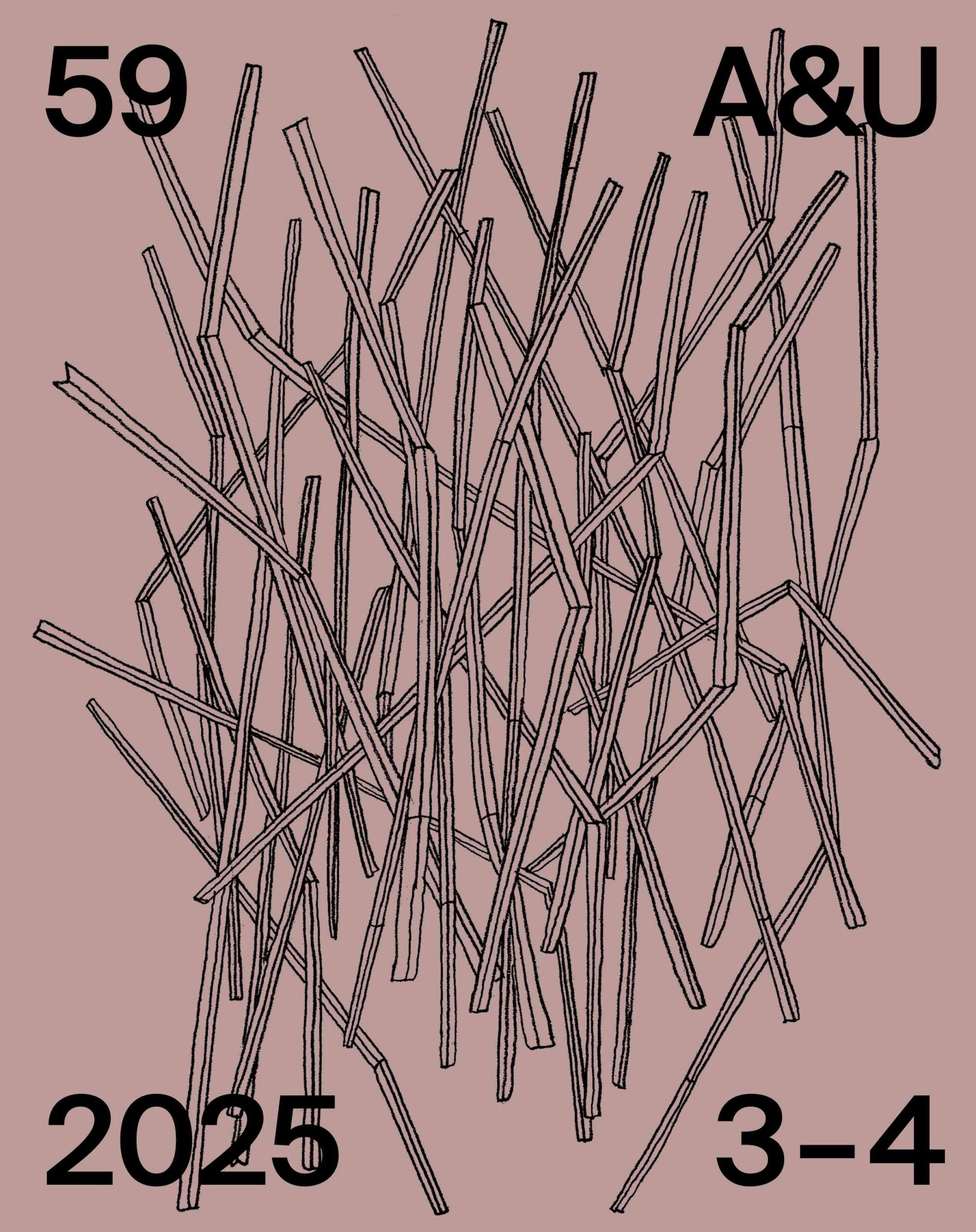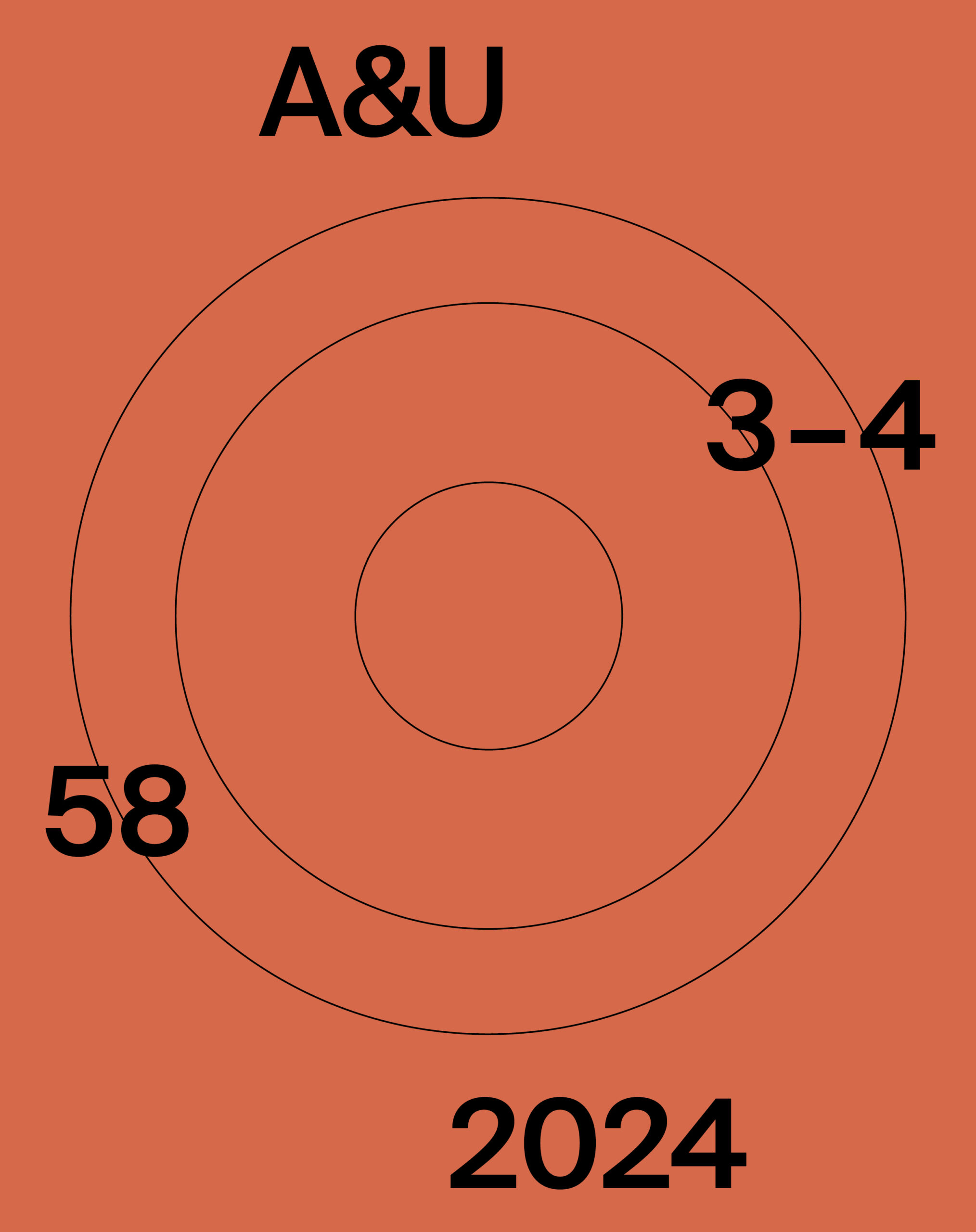This article deals with a remarkable yet little-explored topic in the history of Czech urban and regional planning: the work of the well-known architect and urban planner Bohuslav Fuchs. The article focuses mainly on the post-war period, especially the 1960s, and on Fuchs’s devotion to “New Zoning”, the context in which his urban and regionalist ideas matured. First, the article summarizes the available information about Fuchs’s life, and secondly, it provides a brief introduction to the history of Fuchs’s urban and regional work, including the concept of new zoning (which Fuchs sometimes also called anti-zoning). Finally, the article presents selected examples of Fuchs’s work, highlighting some potentially inspiring ideas for contemporary urbanism and urban planning. Throughout the article, particular attention is paid to the role of the natural environment.

This work is licensed under a Creative Commons Attribution 4.0 International License



